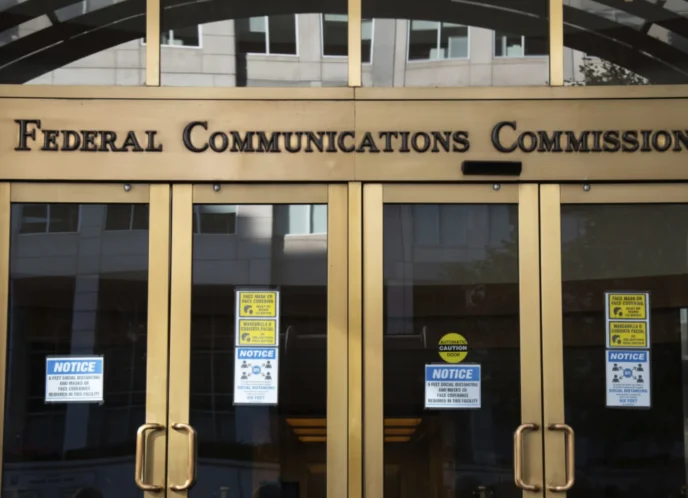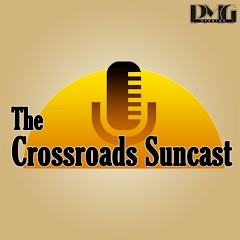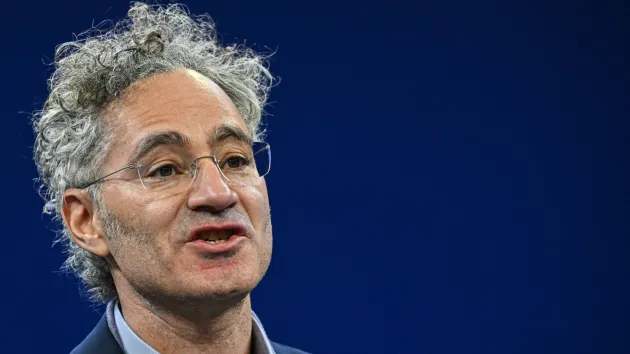I remember my first experience at a Knowledge Exchange involved me sitting in a room with 15 other people, most of whom worked at public interest law firms in Washington D.C. Most were media policy experts. Back then the notes scribed on the wall had words like “E-Rate Reform” “Broadband Build-Out” “Dark Fiber” and “Net Neutrality”. Needless to say I had no clue what any of those meant, and therefore was a less than active participant.
Fast forward to last week’s Knowledge Exchange. A few things have changed; my first experience at a Knowledge Exchange humbled me to learn what all of those technical terms meant so that I could always contribute in the discussion. And I’ve learned that these discussions about media policy need to be tied to actual changes that will fundamentally alter the lived experience of people at the grassroots level.
What does E-Rate reform mean to the youth I worked with on a mural project? How does broadband build out affect the rural communities I organized around affordable housing? Why does “net neutrality” matter for immigrant youth pushing for the DREAM Act?
This time around, Center for Media Justice and Consumers Union, hosted a Knowledge Exchange with a very specific task: to draft a wireless bill of rights that protects the interest of communities of color. The timing is important. More Latinos and African Americans are depending on their cell phones for Internet access. Wireless Broadband (aka the Internet through a cell phone or hot spot) is mostly unregulated. And right now, your right to digital privacy is more of a question than a foregone conclusion. We’re seeing how wireless technology is being used to collect data on where you’re going, what you’re shopping for, who you’re with, etc.
It’s because of this critical moment that we gathered 17 grassroots and media policy leaders to craft a document grounded in the lived experiences of communities of color and that asserts our vision of rights for wireless technology. This time around the notes scribed to the wall included words like “Domination” “Exploitation” “Militarization” “Oppression”. Collectively the group came up with 10 rights that lay out a future for wireless rights that in the best-case scenario will alter the material conditions of communities of color and at worst will do no harm.
This summer we’ll be sharing this Wireless Bill of Rights with organizations at the grassroots and asking them to host a community dialogue about our wireless rights. If you’re interested in hosting a conversation then please email me at [email protected].



